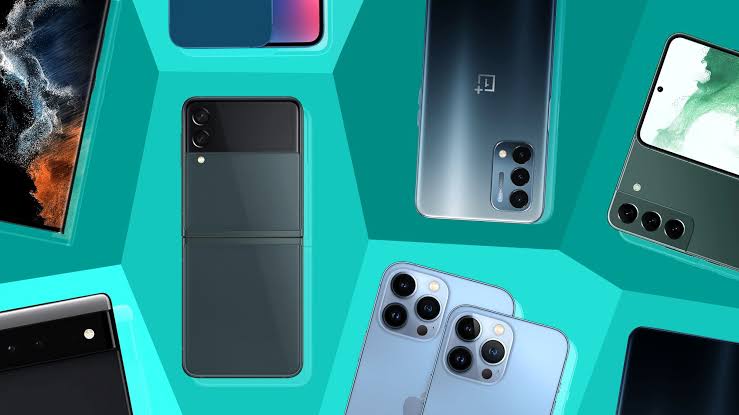Nigeria’s mobile phone manufacturing business is struggling, even though there are a lot of users and more people want smartphones.
With over 320 million SIM cards and 220 million active mobile connections, it is impossible for the country to make mobile phones. Over 99% of mobile devices in Nigeria are imported, at a cost of N50 billion per month.
Demand for mobile devices is going up. Even though the economy is bad, the currency rate is dropping, and prices are going up, Nigerians are still buying things.
ITC statistics show that from 2019 to 2021, Nigeria imported $2.35 billion worth of telephones or an average of $65.2 million per month.
At the current exchange rate of N768–N800 per $1, this number is worth about N50 billion. But this reliance on imports from other countries has had big effects on the country’s income.
Read also: NADDC promises to revive Nigeria’s auto industry, attract multinationals
Foreign phones continue to rule the Nigerian market
Nigeria has become a big market for Finnish, French, American, Indian, Japanese, Philippine, Taiwan, South Korean, South African, and UAE phone names.
The top brands in Nigeria are Tecno Mobile, Infinix, Nokia, Samsung, and Apple. Their phones cost anywhere from N150,000 to over N1 million. Every year, these brands sell 63 million devices in Nigeria, and people upgrade their devices every six to eighteen months.
Native phone makers have had a hard time. AfriOne and RLG hoped to build factories in Africa, but they couldn’t compete with global brands and failed. The “made in Nigeria” ITF cell phone that was given to former President Muhammadu Buhari in 2021 didn’t make much of an impression.
Foreign brands avoid Nigerian plant development. Due to scale, facilities, tax advantages, and other criteria, Samsung Electronics picked South Africa and Egypt over Nigeria for its African production sites. Foreign brands won’t invest in local industries without “indigenization” rules and infrastructure.
Without a manufacturing plant, Nigeria loses jobs, and foreign companies send money home. Chinese brands are entering the market because it has a lot of promise with more than 200 million people, but they choose to import instead of building factories.
Nigerian smartphone industry future
Industry experts say that Nigerian companies that make cell phones need help from the government. Chief Deolu Ogunbanjo, president of the National Association of Telecom Subscribers (NATCOMs), said that the situation was very messy and suggested that the Nigerian Communications Commission (NCC) rule on phone production be looked at again.
He thinks that Tecno and Samsung, who have big shares of the market in Nigeria, should be made to build factories there to create jobs and stop money from going back to their home countries.
Since Nigeria has over 200 million mobile connections, Ogunbanjo suggested a production unit.
“That would go a long way towards making jobs and stopping money from leaving Nigeria,” he argues.
Good business infrastructure and security are needed to attract local phone manufacturing investors. But the shaky economy and currency value have deterred investors. Nigeria needs a fresh plan to attract local and international manufacturers and boost the economy.
The Nigerian government must regulate foreign mobile phone imports to preserve the local market. To avoid a market takeover by unregulated mobile devices, aggressive policies and tracking are essential.
Finally, approximately 99% of Nigerian cell phones are imported. Importing phones costs billions, hurting the economy.
The government must improve infrastructure, encourage local and foreign manufacturers, and make Nigeria more business-friendly to revive the made-in-Nigeria phone market. Nigeria may become a mobile phone manufacturing hub with the correct policies. Jobs and economic growth will result.




